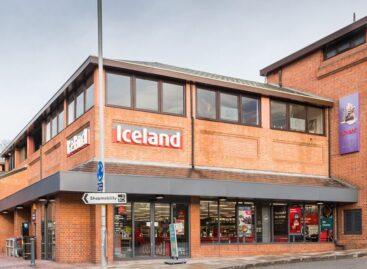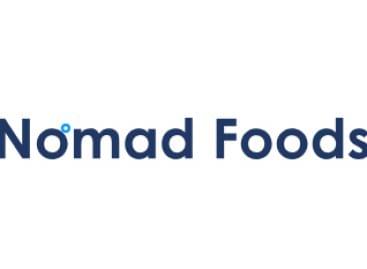How The Frozen Food Category Is Seeking To ‘Sustain Its Strength’ After COVID-19?
Like every sector of grocery retail, frozen food has been impacted by the looming threats posed by rising inflation affecting costs at every level, concerns over a strained supply chain, and the Russian invasion of Ukraine. This is before you factor in the changing habits of consumers as a result of numerous lockdowns.

Frozen food has grown at a faster rate than total food and beverage growth over the past five years, with figures from the AFFI showing that growth in 2021 amounted to 22.6% compared to the 2019 pre-pandemic normal
There are grounds for optimism in the frozen food sector. According to stats from the American Frozen Food Institute (AFFI), frozen food dollar sales among lower-income millennial households are up 15%, with studies from their British counterparts, the British Frozen Federation (BFF), showing that retail frozen food sales have grown by 13.5% compared to pre-pandemic levels, suggesting that consumers that turned to the freezer during COVID have continued adding frozen products to their baskets.
Related news
Nomad Foods to install solar panels at Italian production plant
🎧 Hallgasd a cikket: Lejátszás Szünet Folytatás Leállítás Nyelv: Auto…
Read more >Nomad Foods to close plant in Bosnia and Herzegovina
🎧 Hallgasd a cikket: Lejátszás Szünet Folytatás Leállítás Nyelv: Auto…
Read more >Related news
KSH: in the fourth quarter of last year, investment performance was 1.3 percent lower than a year earlier
🎧 Hallgasd a cikket: Lejátszás Szünet Folytatás Leállítás Nyelv: Auto…
Read more >







